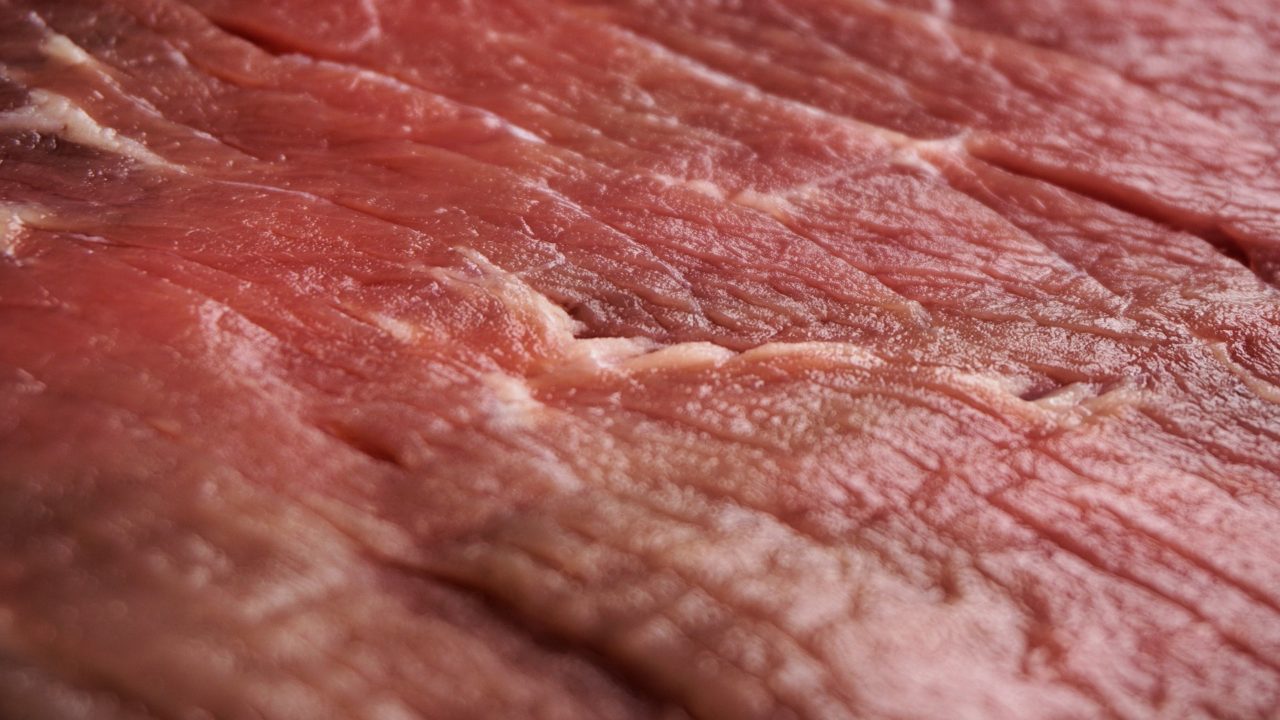A new report is warning that profits are at risk if investors do not engage with the meat and dairy industry to cut methane emissions and other climate pollutants.
Two hundred respondents from the investment community participated in recent research commissioned by the Changing Markets Foundation, which has highlighted a recognition that climate change is a material risk to meat and dairy industry-related investments.
Of those surveyed, 84% said that a lack of climate mitigation could lead to stranded assets in the sector.
The research was commissioned by the Changing Markets Foundation, which works in partnership with non-government organisations (NGOs), other foundations and research organisations, to create and support campaigns that shift market share away from unsustainable products and companies and towards environmentally and socially beneficial solutions.
What is a stranded asset?
These are assets that deplete in value or are written off.
Food production – especially the production of meat and dairy – is responsible for around 37% of greenhouse gas (GHG) emissions and is uniquely dependent on stable
climate conditions.
Livestock agriculture is also the single largest source of methane, responsible for around 32% of anthropogenic methane emissions.
The production of red meat and dairy is projected to grow by over 50% over the next three decades.
Meat and dairy sector versus climate science
But climate science is not reflected in the growth projections for the meat and dairy sector, according to a Changing Markets Foundation spokesperson.
They explained that climate scientists expect a decline in livestock of 7-10% even under a 2° warming scenario by 2050, with economic losses between $9.7-$12.6 billion.
Currently, the world is on a path to 3˚C temperature increase and the Intergovernmental Panel on Climate Change (IPCC) has warned that efforts to cut GHGs must be accelerated.
In addition, scientists have called for rapid cuts of a potent GHG methane, which continues to rise even faster than carbon dioxide (CO2).
Campaigns director at Changing Markets Foundation, Nusa Urbancic, commented:
“Despite the majority of investors believing that climate change presents a material risk to meat and dairy industry-related investment, it is concerning that more than half also said that investors are not sufficiently addressing those risks.
“The alarming effects on the sector multiply the hotter the planet gets. Farmers across the globe are already feeling the pain and we need rapid action to break this vicious cycle.”
Investors also overwhelmingly (94%) think that reducing methane emissions alongside carbon emissions is important, with 39% considering it to be critically important.
And almost three quarters (72%) of investors think that companies should be reporting their methane emissions, while 83% believe that investors should encourage companies to reduce their methane emissions.
This survey follows Changing Markets Foundation’s report Blindspot, which revealed that the biggest meat and dairy companies do not report methane and do not have any plans in place to reduce their methane emissions.
Last year over 110 countries signed up the Global Methane Pledge, launched at COP26 in which they committed to cut their methane emissions by 30% by 2030, compared to 2020 baseline.
Earlier this year, Upfield became the first food company to start reporting its methane emissions.
The company, which is mostly producing plant-based foods, found that 7.5% of its entire GHG footprint was created by methane emissions, and dairy ingredients were the main contributor.

